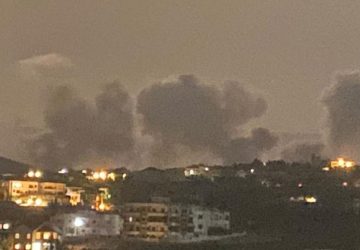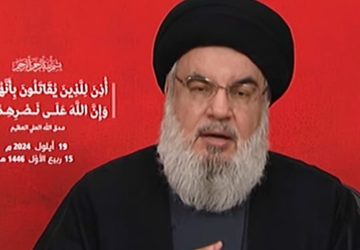Palestinian Prime Minister Mohammad Shtayyeh announced on Monday the resignation of his government, which governs parts of the Israeli-occupied West Bank. He cited the need for change following the conclusion of the Israel-Hamas conflict in Gaza.
Palestinian Prime Minister Mohammad Shtayyeh announced Monday the resignation of his government, which rules parts of the Israeli occupied West Bank, citing the need for change after the Israel-Hamas war in Gaza ends.
Shtayyeh submitted the resignation to the leader of the Ramallah-based Palestinian Authority, President Mahmoud Abbas, 88, whose office later said he accepted it.
The United States and other powers have called for a reformed Palestinian Authority to take charge of all Palestinian territories after the end of the war sparked by Hamas’s October 7 attack.
Shtayyeh cited “developments related to the aggression against the Gaza Strip and the escalation in the West Bank and Jerusalem,” which have also been torn by deadly violence during the war.
He said he had first offered Abbas the resignation last Tuesday, but was formally submitting it “in writing” on Monday.
Shtayyeh, 66, said in brief comments that “the next stage and its challenges require new governmental and political measures that take into account the new reality in the Gaza Strip.”
He called for intra-Palestinian consensus and the “extension of the Authority’s rule over the entire land of Palestine.”
Abbas issued a decree accepting the resignation and assigned Shtayyeh’s government to continue “temporarily until a new government is formed,” a statement from the presidency said.
Palestinian media reports suggested Abbas might name Mohammed Mustafa, an executive committee member of the Palestine Liberation Organization—dominated by the ruling Fatah movement—to head the new cabinet.
Mustafa has previously served as deputy prime minister and as a senior adviser to Abbas on economic affairs.
International mediators are in talks for a ceasefire in Gaza, with Israel’s top ally Washington also discussing how a post-war Gaza could be ruled.
Khalil Wakim, with AFP





